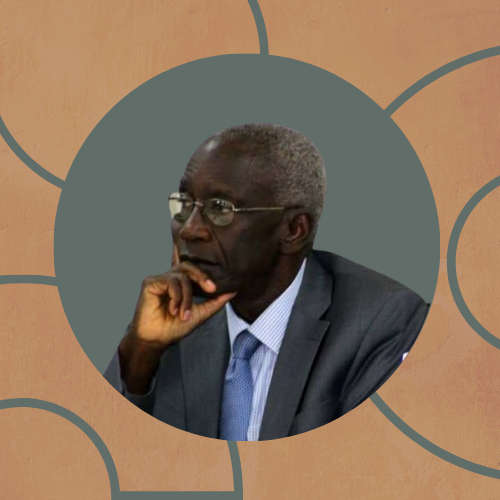The Truth, Reconciliation and Reparation Commission (2018 - 2021) was set up in December 2017 in The Gambia with the main objective of establishing an impartial historical record of human rights violations committed between July 1994 and January 2017 under the rule of former President Yahya Jammeh. It was also tasked with tracking the whereabouts of disappeared victims, granting reparations to victims where necessary, and preventing the recurrence of human rights abuses and violations by making recommendations to create appropriate prevention mechanisms, including institutional and legal reforms.
One person, Dr Lamin Sise, embodies the remarkable work of this Commission, which he chaired from 2021. He was born and raised in The Gambia. From 2008 to 2011, Dr Sise was executive assistant, senior adviser and close confidant to the late Secretary-General Kofi Annan, a Ghanaian diplomat and former Secretary-General of the United Nations. Dr Sise has worked for the United Nations for over thirty years.
On 15 October 2018, President Adama Barrow appointed the 11 commissioners of the Truth, Reconciliation and Reparations Commission (TRRC), who were sworn in. The Commission began hearings on 7 January 2019 and submitted its interim report to the government on 29 April 2020.
On 24 December 2021, the TRRC submitted its final report, which listed the names of many people suspected of committing atrocities during the Jammeh era. Subsequently, in 2022, an alternative white paper from civil society on the report and recommendations of the TRRC was also produced by the CSO Working Group on Transitional Justice, in response to the government’s official White Paper. The government published its White Paper the same year following the release of the TRRC’s report in November 2021.
The actions taken by the Truth and Justice Commission, as well as the start of reparations for crimes committed under Jammeh, deserve particular attention. The post-Yaya Jammeh regime has also implemented positive initiatives, including the requirement of due process before dismissing a civil servant on the recommendation of the Truth and Reconciliation Commission. The ratification of treaties, the regular submission of periodic reports, and the acceptance and implementation of many recommendations highlight efforts towards governance reforms and the rule of law.
The Champion initiative’s panel of judges nominated the Truth and Reconciliation Commission for the application of the ACDEG chapter on Governance Reforms and Rule of Law, whose Article 11 states that: “States Parties undertake to develop the necessary legislative and policy frameworks for the establishment and strengthening of a culture of democracy and peace”. While Article 4-1 stipulates that: “States Parties undertake to promote democracy, the principle of the rule of law and human rights”.
